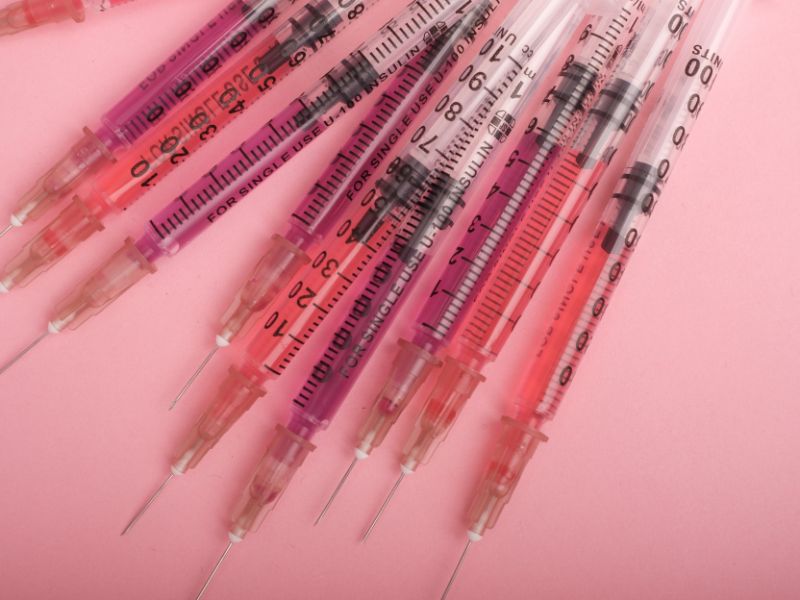What is Methylation and Why Should You Care About It?
Methylation is a term that you may have heard recently. If you’re a patient at Tringali Vibrant Health, you’ve definitely heard it. If you haven’t, we’re going to break down this incredibly important biochemical process for you. This critical function in your body is responsible for everything from simply thinking and fighting infections to removing environmental toxins and repairing your DNA. When it’s working optimally, it can have a significant positive impact on your energy levels and overall health. When it’s not, it can contribute to everything from anxiety to cancer. It’s an incredibly important part of your health, and one that you might want to take the time to learn about.
What is Methylation?
Methylation is a simple biochemical process that includes the transfer of a methyl group—four atoms- one carbon atom and three hydrogen atoms (CH3)—from one substance to another. Simple enough? Unless you’re a scientist, you’ve probably just answered, no. 😉 Let me put this in even simpler terms.
When a methyl group attaches to a molecule (a vitamin or nutrient, for example), or it is passed from one molecule to another, it gives this molecule permission to start doing its work in the body. Many scientists also liken this mechanism to a green light that allows the molecule to move within the body and perform critical functions in the body. Methylation is happening all over the body all of the time and is essential for the optimal function of almost all of your body’s systems.
Proper methylation allows your body to:
- Repair DNA
- Regulate hormones
- Produce cellular energy
- Support your detoxification system
- Support your immune system healthy
- Support the protective coating along your nerves
- Protect neurotransmitters
- Metabolize excess estrogen
- Metabolize fat
- Support liver health
- Protect your eye health
- Metabolize histamine
- Strengthen the nervous system
- Protect against cancer
- and so much more…
When you are not methylating properly, or undermethylating, you can experience many symptoms, such as:
- Fatigue
- Anxiety
- Depression
- Insomnia
- Headaches (including migraines)
- Muscle pain
- Digestive issues
- Multiple miscarriages
Poor methylation can also increase your risk for conditions like:
- Osteoporosis
- Diabetes
- Colon and lung cancer
- Irritable Bowel Syndrome
- Allergies
- Autism
- Birth defects
- Dementia
- Stroke
- Cardiovascular disease
- Fibromyalgia/Chronic Fatigue Syndrome
- Pulmonary Embolism
- Addictive Behavior, even alcoholism
- Insomnia
- Autism or Down Syndrome
- Frequent miscarriages
- Bipolar or manic depression
- Allergies or Multiple Chemical Sensitivities
- Atherosclerosis
- Spina Bifida or Cleft Palate or Neural
- Tube Defects
- Multiple Sclerosis and other Autoimmune Disorders
- Hashimoto’s or Hypothyroidism
- ADD or ADHD
- Dementia/Alzheimer’s
- Schizophrenia
- Anxiety
- Neuropathy
- More severe Lyme Disease symptoms (not the disease itself)
- Chronic Viral Infections
As you can see from the long list of symptoms and illnesses it can attribute to, poor methylation is an extremely important deficiency that must be addressed.
Why You Might Not be Methylating Properly
There are many reasons why you may not be methylating properly, and many of them can be improved upon by simple diet, lifestyle, and supplementation interventions. The first, however, is completely out of your control and is a very common gene mutation of your MTHFR (methylenetetrahydrofolate reductase) gene.
When you have this genetic mutation, and over half of the people in the United States do, your body is unable to “methylate” a critical B Vitamin 5-MTHF (also known as active folate, or methylfolate). Now that you’ve just learned what this term means, you understand that this gene mutation is not allowing Vitamin B to contribute to important processes in your body. 5-MTHF is necessary for critical functions in your body (like making DNA!).
Even if you are supplementing with the synthetic form of Vitamin B (folic acid), your body cannot convert folic acid to the active form of folate if you have this gene mutation. This is why we always suggest supplementing with folate instead of folic acid (more on supplementation below).
This problem in the methylation cycle produces a chain reaction that produces other symptoms and conditions in the body. When you have methylfolate deficiency, you will also have a deficiency in glutathione. Glutathione, the “master antioxidant” as it’s sometimes called, can lead to toxin buildup in your bloodstream and tissues. Low levels of glutathione can produce fatigue, fibromyalgia, increased immune activation (autoimmune issues), chemical sensitivities, and even more progressive disease like ALS, MS, Parkinson’s, and more.
Other reasons why you might not be methylating:
If your body lacks certain vitamins and minerals, your body will have a more difficult time giving those important molecules a green light on the many methylation pathways it’s traveling on.
These include:
- Zinc
- B2/riboflavin
- Magnesium
- B6/pyridoxine
- B12/methylcobalamin
- Folate (from food or folinic acid)
- Methylfolate
These nutrients are also, incidentally, needed to help make methylfolate in your body. While methylfolate is obviously ultra important in this process, there are also many other reasons your body is not methylating:
Poor Diet, poor probiotic status, digestive issues, medications, medical conditions like Crohn’s or Celiac, and other genetic traits may cause any or all of these nutrient deficiencies.
Environmental Toxins/ Xenobiotics – these are chemicals (and fungi like mold) found in our air, water, food, home, work, schools, parks, beds, cosmetics and more.
Certain Pharmaceutical Medications – Some of the worst offenders (in terms of stealing your methylation nutrients) are birth control pills, methotrexate, metformin, antacids, acid blockers, proton pump inhibitors, corticosteroids, and nitrous oxide.
Drinking Alcohol– when you drink, your body basically shuts down your methylation pathways and wipes out your glutathione stores.
Certain Bacteria—for instance, Borrelia Burdorferi, the bacterium that causes Lyme Disease, uses up all your magnesium to make biofilms in your gut and hide in your body. Low magnesium also reduces your ability to methylate.
Nutrients that deplete methyl groups – like high dose niacin, or the prescription version of that called Slo-Niacin and Niaspan.
Heavy Metals (think mercury from fish, or amalgam fillings in your teeth) or lead in your bloodstream, cadmium if you smoke, high copper, arsenic, etc.
High levels of acetylaldehyde, this is a potent neurotoxin released by Candida, and also a by-product of drinking alcohol (even red wine). If you are a poor methylator, drinking alcohol is one of the worst things you can do for your health.
Anxiety/Stress—yes, stress can also be thought of as a poison that your body needs to eliminate. Stress can impact your genes that can further affect your methylation pathways, which can contribute to anxiety in the first place. Talk about a never-ending cycle! Reducing stress is one of the best things you can do for your health.
What Can I Do to Optimize Methylation?
The good news is that there is so much that one can do to support methylation and OPEN methylation pathways in the body.
1. Genetic Testing: Find out if you have any genetic mutations that are inhibiting the methylation process in your body with a simple and easy genetic test. We provide this testing at Tringali Vibrant Health: 561-283-1166
2. Prioritize and Optimize your Gut Health: Like stress reduction, optimizing your gut health is one of the best things you can do for your overall health, as you might even say (like Hippocrates did) that “all disease begins in the gut.” High-quality probiotics are essential to people with a methylation issue because certain bacteria can affect this process. For instance, yeast (candida) can overrun your gut with a toxin called acetylaldehyde that is the same breakdown product of drinking alcohol. Removing sugar and gluten from your diet is another surefire way to heal your gut and strengthen your immune system. However, limiting your intake of grains can also limit your intake of Vitamin B6, so the next tip is just as important.
3. Take Supplements: There are many supplements that can open your methylation pathways and keep your body’s processes moving smoothly. Some of my favorites are:
- Methyl Protect from Xymogen
- EnerDMG
- Glutathione
- SAMe
- Magnesium
It’s important to go SLOWLY with opening your methylation pathways. After reading this far, you might be thinking that you should just take as many B Vitamins as possible so that you can push your body into making more glutathione, which will help all of the processes stuck at the red light. But, I have to inform you that this will not work. This is when the traffic light becomes a good metaphor for methylation. Imagine if all of the cars stuck at a red light all revved their engines at one time? It sounds like a good idea to just hit the gas, but when there are that many cars in line, and the cars are actually built-up toxins in your body, opening up that roadblock quickly can be just as damaging as being stuck in your body.
Extended metaphors aside, my point is that you want to take this process very slowly. If you’re not methylating, toxins are building up in your body. When you begin to open up those pathways, those mobilized toxins can overburden your body’s processes at the same time they’ve opened up—think of it as a multi-car collision.
This is why methylation issues are something to be addressed and treated under the care and supervision of a medical practitioner, preferably a Functional Medicine practitioner who can help you to figure out if you have a methylation issue, help you to heal your gut, suggest high-quality and pharmaceutical-grade supplements, and also provide other modalities like IV therapy, chelation, detoxification treatments, and more.
If you think you may have a methylation issue, book an appointment with me at Tringali Vibrant Health today: 561-283-1166
In VIBRANT health,









